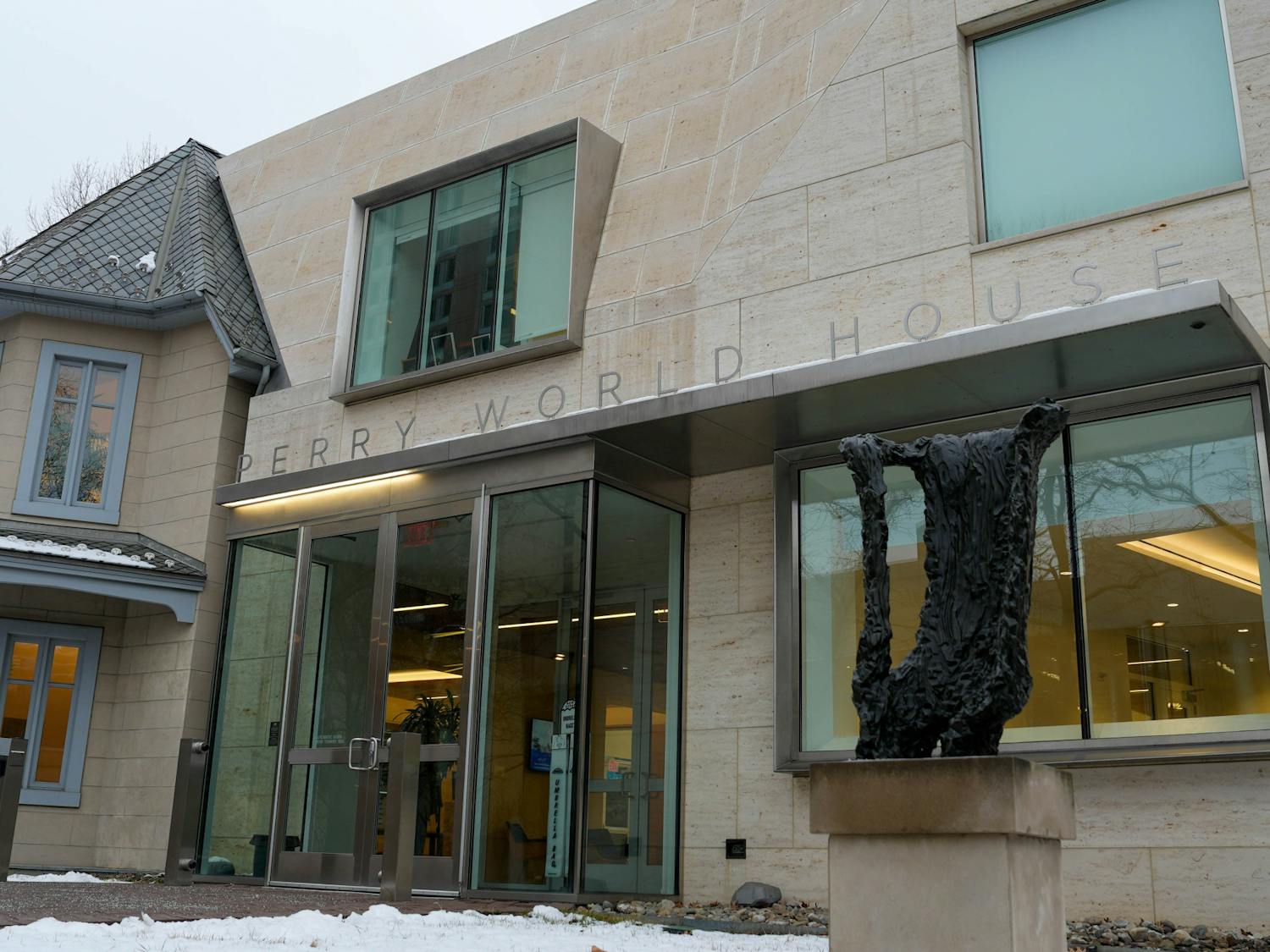A new Penn Medicine study found a treatment that shrinks pancreatic tumors in most patients in an early phase clinical trial.
Researchers of the Abramson Cancer Center conducted a clinical trial where patients with untreated pancreatic cancer received standard chemotherapy treatments and an experimental antibody targeting CD40 proteins. The clinical trial saw pancreatic tumors shrink in 83% of patients, Penn Medicine News reported.
Pancreatic cancer is the third deadliest form of cancer for Americans behind lung and colorectal cancers. About 1 in 64 Americans will get pancreatic cancer at some point during their lives, and there is only a seven percent survival rate after five years of diagnosis for all stages of pancreatic cancer combined.
In the Penn Med study, patients received an experimental antibody called APX005M that was designed to block the immune system suppression that takes place in cancers. Half of the patients also received an inhibitor to boost their immune system and complement the antibody's effects. Previous research indicates that inhibitors alone are not effective against pancreatic cancer, Penn Medicine News reported.
The treatment caused pancreatic tumors to shrink in twenty out of twenty-four patients. The highest response rates were seen among patients who received the inhibitor in addition to the antibody. Most patients reported manageable side effects and many continued the treatment for over a year.
“Seeing patients continue treatment for this length of time does give us hope that this combination approach holds promise, especially when you consider that for stage 4 pancreatic cancer, the median survival is just two to six months,” senior author and Abramson Cancer Center Director Robert Vonderheide told Penn Medicine News.
Researchers presented their findings at the American Association for Cancer Research’s Annual Meeting on March 31. The next phase of the trial is currently in progress, Penn Medicine News reported.









